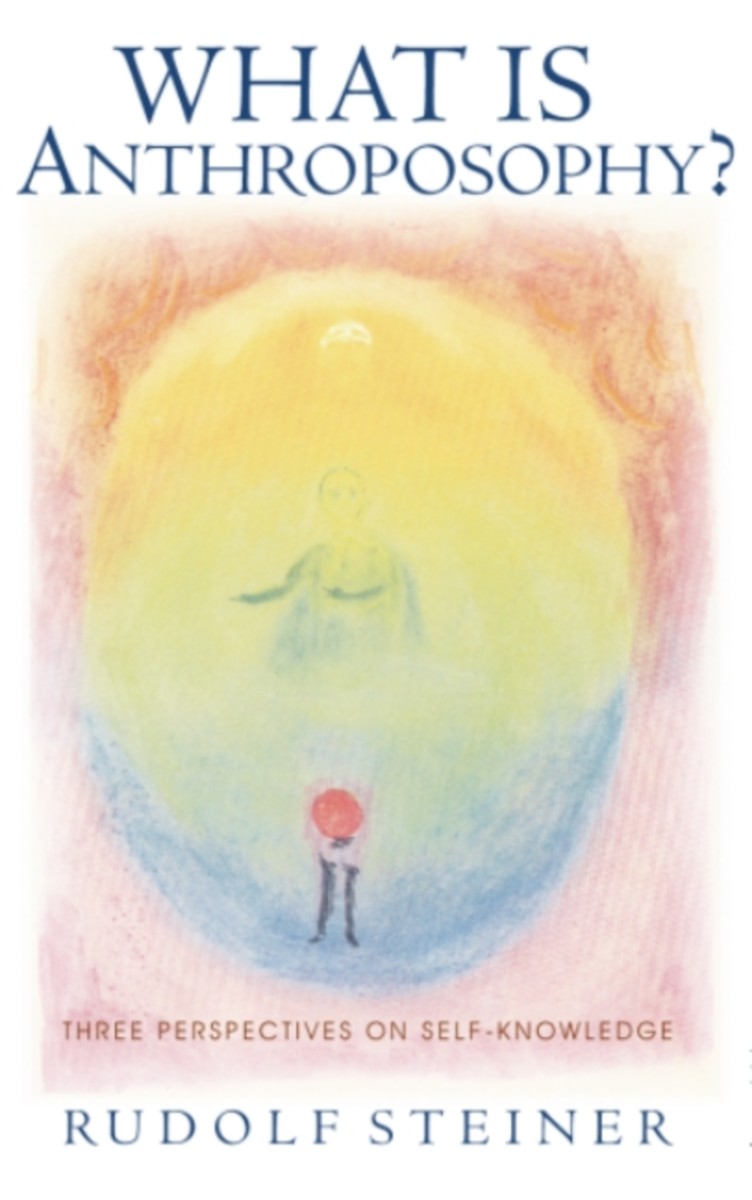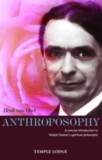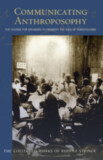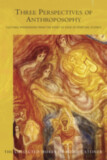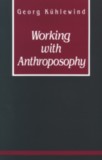What Is Anthroposophy?
Three Spiritual Perspectives on Self-knowledge
- Publisher
SteinerBooks - Published
25th June 2002 - ISBN 9780880105064
- Language English
- Pages 96 pp.
3 selected lectures by Rudolf Steiner
This is one of those books that can change your life. Radical, thought-provoking, and indeed mind-boggling, it leads to a completely new way of looking at what it means to be human—a spiritual being in a universe that itself is not just physical, but psychic and spiritual as well.
These three previously untranslated lectures are a masterly introduction to what Rudolf Steiner means by “Anthroposophy.” They explain why Steiner describes this path—which means literally “the wisdom of the human being”—as one that “unites what is spiritual in the human being with what is spiritual in the universe.”
Steiner begins by describing what happens when we die. He shows the relationship between our physical life on Earth and the etheric, astral, and spiritual life of the cosmos. He also explains how physical lives are completely interwoven with cosmic existence, and how the “missing links” in evolution are spiritual in nature.
Steiner then demonstrates what he calls the “dilettantism” and “soullessness” of mainstream psychology. He points out that, since the second half of the nineteenth century, the idea of the soul has been lost and that, consequently, understanding of our inner lives is without a sure foundation. A very different view emerges, however, from a truly spiritual perspective.
In the third lecture, Steiner takes as his guide our three states of being—waking, dreaming, and sleeping. He describes in detail what happens in these three states and how each is bound up with our lives as physical, psychic, and spiritual beings.
With the profound insights in this book, the world becomes a much larger, richer, and more exciting place to live.
C O N T E N T S:
Introduction by Christopher Bamford
1. The Physical Perspective
2. The Psychological Perspective
3. The Spiritual Perspective
Rudolf Steiner
Rudolf Steiner (b. Rudolf Joseph Lorenz Steiner, 1861–1925) was born in the small village of Kraljevec, Austro-Hungarian Empire (now in Croatia), where he grew up. As a young man, he lived in Weimar and Berlin, where he became a well-published scientific, literary, and philosophical scholar, known especially for his work with Goethe’s scientific writings. Steiner termed his spiritual philosophy anthroposophy, meaning “wisdom of the human being.” As an exceptionally developed seer, he based his work on direct knowledge and perception of spiritual dimensions. He initiated a modern, universal “spiritual science” that is accessible to anyone willing to exercise clear and unbiased thinking. From his spiritual investigations, Steiner provided suggestions for the renewal of numerous activities, including education (general and for special needs), agriculture, medicine, economics, architecture, science, philosophy, Christianity, and the arts. There are currently thousands of schools, clinics, farms, and initiatives in other fields that involve practical work based on the principles Steiner developed. His many published works feature his research into the spiritual nature of human beings, the evolution of the world and humanity, and methods for personal development. He wrote some thirty books and delivered more than six thousand lectures throughout much of Europe. In 1924, Steiner founded the General Anthroposophical Society, which today has branches around the world.


